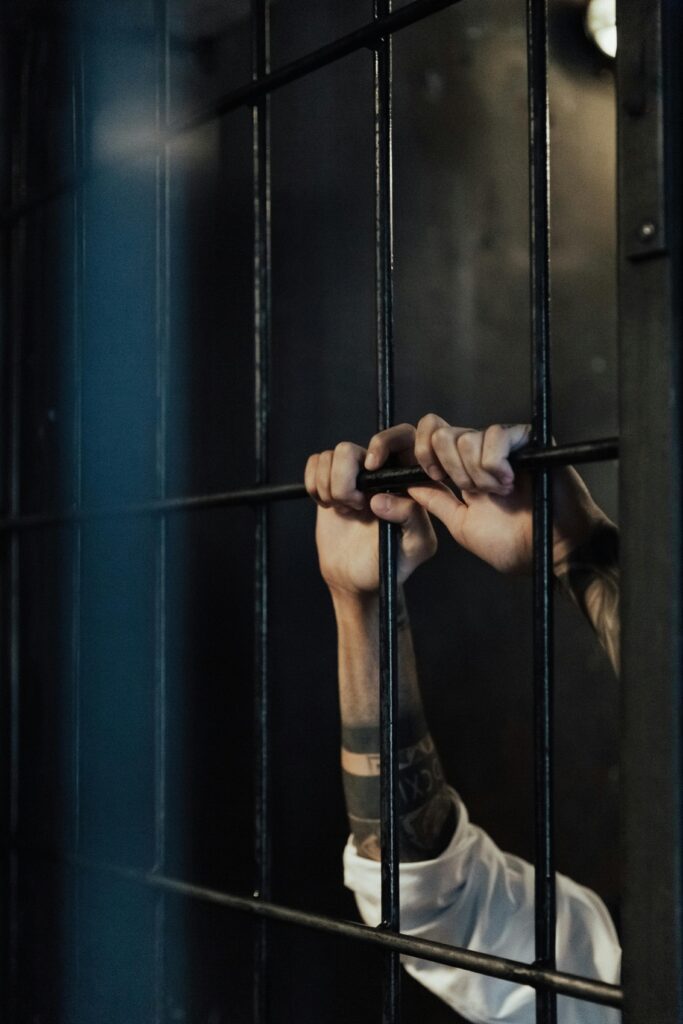In a pivotal decision on May 30, 2025, the U.S. Supreme Court permitted the Trump administration to terminate the humanitarian parole program known as CHNV, which had granted temporary legal status to over 530,000 migrants from Cuba, Haiti, Nicaragua, and Venezuela. This ruling has profound implications for immigration rights, potentially leading to mass deportations and disrupting the lives of hundreds of thousands who had sought refuge in the United States.
Background of the CHNV Parole Program
Initiated in late 2022 under the Biden administration, the CHNV program aimed to provide a lawful and humane pathway for migrants fleeing political instability, violence, and economic hardship in their home countries. Eligible individuals were required to secure a U.S.-based sponsor and undergo security vetting before being granted parole to live and work in the U.S. for up to two years. The program was lauded for its structured approach to managing migration and alleviating pressure on the southern border.
Legal Challenges and Supreme Court Ruling
The Trump administration challenged the legality of the CHNV program, arguing that it exceeded the executive branch’s authority by granting mass parole without individualized assessments, as mandated by the 1996 Illegal Immigration Reform and Immigrant Responsibility Act (IIRIRA). A federal district court initially blocked the termination, emphasizing the need for case-by-case evaluations.
However, the Supreme Court’s recent decision overturned this injunction, allowing the administration to proceed with revoking the parole status of CHNV beneficiaries. The ruling was delivered without a full hearing, prompting criticism from Justices Ketanji Brown Jackson and Sonia Sotomayor, who dissented, highlighting the potential for “devastating consequences” and the undermining of procedural norms.
Implementation and Immediate Effects
Following the Supreme Court’s decision, the Department of Homeland Security (DHS) announced plans to initiate removal proceedings against CHNV parolees. While the exact timeline remains unclear, the termination of parole status places these individuals at immediate risk of deportation unless they have secured alternative legal protections, such as asylum or Temporary Protected Status (TPS).
The DHS justified the termination by labeling the CHNV program as an “unlawful scheme” that allowed poorly vetted individuals into the country, asserting that its cessation is necessary to uphold the rule of law and national security.
Implications for Immigration Rights and Communities
The revocation of the CHNV program has sparked widespread concern among immigration advocates, legal experts, and affected communities. Critics argue that the decision undermines immigration rights by stripping legal status from individuals who followed established procedures and relied on government assurances. Many CHNV beneficiaries have integrated into American society, contributing to the workforce in sectors like healthcare, construction, and hospitality.
The potential deportation of these individuals not only threatens to separate families and disrupt communities but also poses economic risks, including labor shortages and the loss of skilled workers. Furthermore, the decision may erode trust in the U.S. immigration system, deterring future migrants from seeking legal avenues for entry.
Legal and Ethical Considerations
The Supreme Court’s use of the “shadow docket” to deliver its decision—bypassing full hearings and detailed opinions—has raised ethical concerns about transparency and accountability in the judicial process. Justice Jackson’s dissent emphasized the importance of thorough legal deliberation, especially when decisions have far-reaching human consequences.
Legal experts warn that the ruling sets a precedent for the executive branch to unilaterally alter immigration policies without comprehensive judicial review, potentially jeopardizing the stability and predictability of the immigration system.
The Supreme Court’s decision to uphold the termination of the CHNV parole program marks a significant shift in U.S. immigration policy, with immediate and profound effects on the lives of over half a million migrants. As the nation grapples with the implications of this ruling, it underscores the ongoing debate over immigration rights, the balance of executive power, and the ethical responsibilities of the judiciary.
For those affected, the path forward remains uncertain, highlighting the need for continued advocacy, legal support, and policy reform to ensure that the principles of justice and humanity remain central to America’s immigration system.
